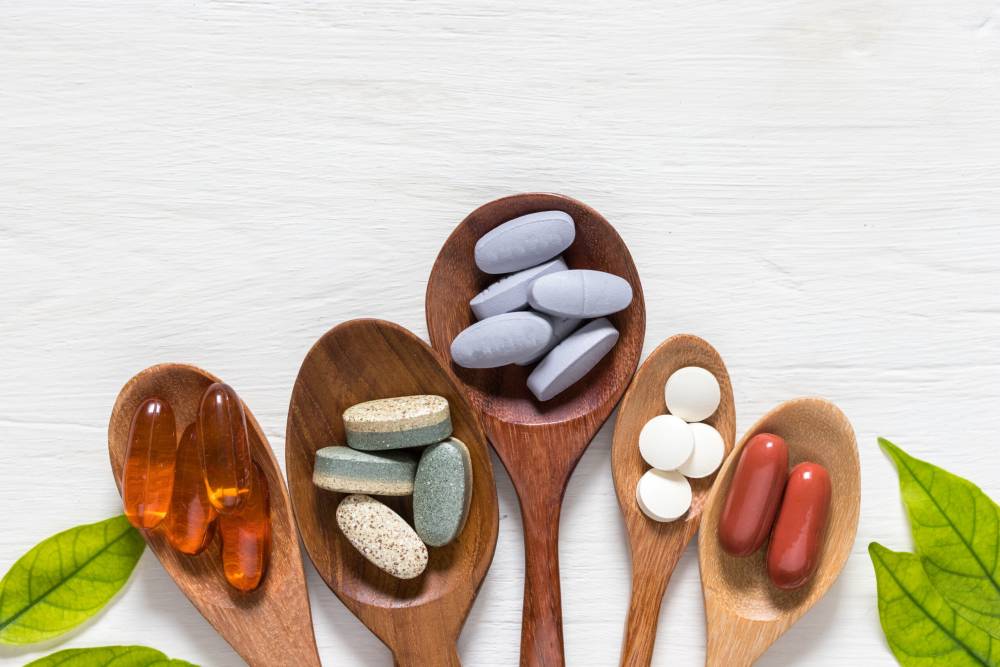PCOS and Fertility—How Inositols and Nutrients Restore Balance
PCOS and Fertility—How Inositols and Nutrients Restore Balance

Endometriosis affects an estimated 10% of women of reproductive age, causing painful periods, chronic pelvic pain, and, in some cases, infertility. While the condition can be debilitating, advances in medical treatments—particularly the use of selective progestogens—are offering lasting relief.
What Is Endometriosis?
-
Pathophysiology: Endometrial-like tissue grows outside the uterus (ovaries, fallopian tubes, peritoneum).
-
Symptoms: Dysmenorrhea (painful periods), dyspareunia (painful intercourse), heavy bleeding, and gastrointestinal discomfort.
Why Early Diagnosis Matters
-
Preventing Progression: Delaying diagnosis can allow lesions to grow and form adhesions.
-
Fertility Implications: Up to 40% of women with endometriosis experience infertility.
Modern Pharmacologic Options
-
Dienogest (e.g., Endo-End®)
-
Suppresses ectopic tissue growth via progesterone receptor modulation.
-
Once-daily dosing improves adherence and pain control.
-
-
GnRH Analogues
-
“Medical menopause” effect but often limited by hypoestrogenic side effects.
-
-
Aromatase Inhibitors
-
Off-label use for refractory cases; reduce local estrogen production.
-
Lifestyle & Supportive Measures
-
Dietary Approaches: Anti-inflammatory diet rich in omega-3s.
-
Physical Therapy: Pelvic floor rehabilitation to alleviate muscle spasm.
-
Mind–Body Therapies: Yoga, mindfulness to manage chronic pain.
When to Consider Surgery
-
Indications: Large endometriomas, bowel or bladder involvement, or if medical therapy fails.
-
Goal: Lesion excision (not just ablation) for optimal long-term outcomes.
Conclusion & Call to Action
While endometriosis remains a chronic condition, treatments like Dienogest (Endo-End®) are transforming the management paradigm—offering both symptom relief and lesion suppression.
Learn more about Endo-End® and discuss with your gynecologist whether it’s right for you.